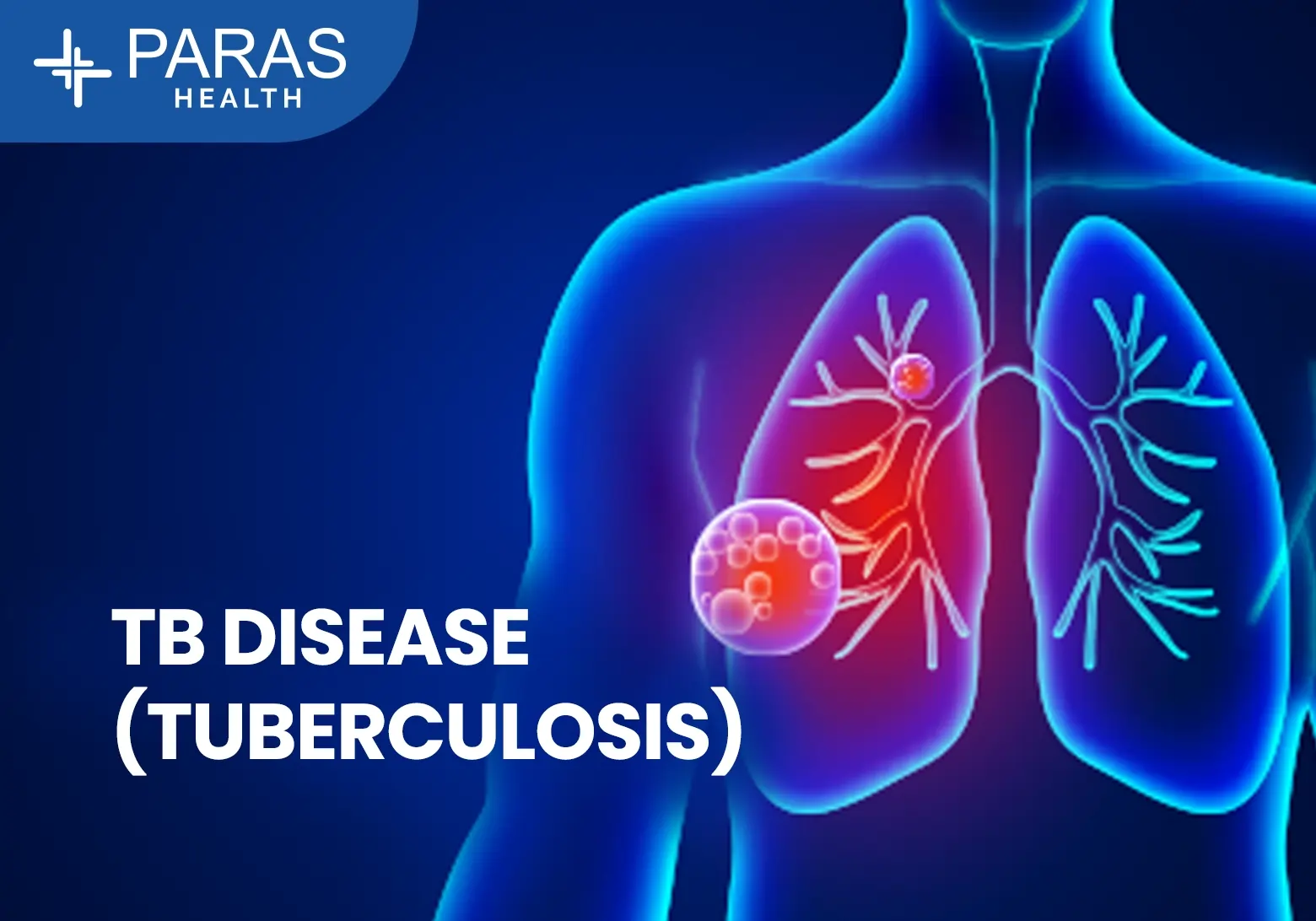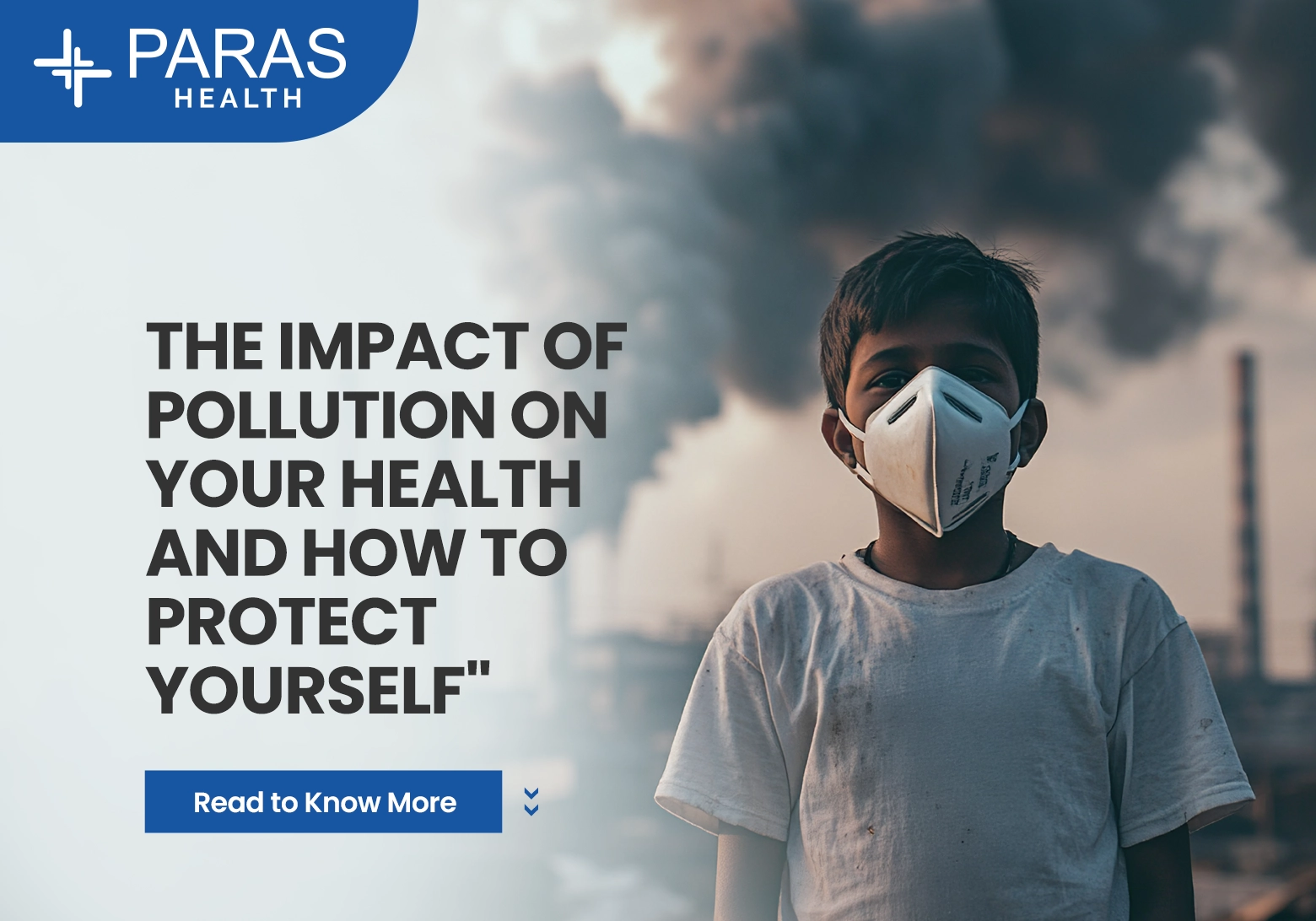Persistent Cough: Causes, Symptoms, Remedies, and Treatment
Sep 24, 2025
Introduction
A cough that lingers for a few days is usually harmless. But when a cough continues for more than two to three weeks, it becomes what doctors call a persistent cough. While some cases are related to simple infections, others may signal serious health conditions like asthma, tuberculosis (TB), gastroesophageal reflux disease (GERD), or even lung disease.
In this detailed guide, we’ll break down:
-
What persistent cough is
-
Common causes and symptoms
-
Home remedies and medical treatments
-
When to see a doctor
-
Frequently asked questions patients often have
What Is a Persistent Cough?
A persistent cough is one that lasts beyond the normal recovery time of a cold or flu. Doctors often classify coughs by duration:
-
Acute cough: lasts less than 3 weeks, usually due to infections.
-
Sub-acute cough: lasts 3–8 weeks, often post-infection.
-
Chronic or persistent cough: lasts more than 8 weeks in adults and more than 4 weeks in children.
Persistent cough is not a disease in itself — it is a symptom of an underlying condition that needs attention.
Causes of Persistent Cough
There are several reasons why a cough won’t go away:
-
Post-infectious cough – After a cold or flu, irritation in the airways can cause coughing for weeks.
-
Asthma – One of the most common causes of persistent dry cough. May worsen at night or after exercise.
-
Allergies and postnasal drip – Mucus dripping from the nose into the throat causes irritation and coughing.
-
GERD (acid reflux) – Stomach acid traveling up the esophagus irritates the throat, triggering coughing especially at night.
-
Smoking – A major cause of persistent cough with phlegm due to chronic bronchitis and lung damage.
-
Tuberculosis (TB) – Common in many countries. Causes persistent cough with mucus or blood, weight loss, and night sweats.
-
Chronic lung diseases – COPD, lung fibrosis, or even lung cancer can start with a stubborn cough.
-
Certain medications – Some blood pressure medicines (like ACE inhibitors) can cause a dry, irritating cough.
-
Infections – Whooping cough, pneumonia, or fungal infections can also be culprits.
Symptoms That Come With Persistent Cough
Depending on the cause, you may notice:
-
Persistent dry cough or wet cough
-
Persistent cough with phlegm or mucus
-
Sore throat and hoarseness
-
Shortness of breath or wheezing
-
Chest tightness or pain
-
Persistent cough at night, disturbing sleep
-
Fever and fatigue (in infections)
-
Blood in cough (serious warning sign)
Persistent Cough in Children
Children often have persistent cough due to allergies, asthma, or lingering infections. In some cases, it may indicate whooping cough or TB. Parents should watch for symptoms like:
-
Cough lasting more than 4 weeks
-
Difficulty breathing
-
Vomiting after cough
-
Poor weight gain or appetite
In children, do not self-medicate with cough syrups. Always consult a pediatrician.
Diagnosis: How Doctors Find the Cause
If your cough doesn’t improve, your doctor may recommend:
-
Physical examination (listening to lungs)
-
Chest X-ray (to detect infections, TB, or lung disease)
-
Sputum test (checking mucus for bacteria or TB)
-
Blood tests (to rule out infection and inflammation)
-
Spirometry (lung function test for asthma and COPD)
-
Allergy testing (to detect triggers)
-
Endoscopy/pH monitoring (if GERD is suspected)
Home Remedies for Persistent Cough
Natural remedies may provide relief, especially for mild cases:
-
Honey with warm water or tea – Soothes the throat and reduces coughing.
-
Ginger tea – Anti-inflammatory properties help with throat irritation.
-
Steam inhalation – Loosens mucus and clears nasal passages.
-
Turmeric milk – Strengthens immunity and calms inflammation.
-
Saltwater gargle – Eases sore throat and reduces infection risk.
-
Stay hydrated – Keeps mucus thin and easier to clear.
Medical Treatment for Persistent Cough
Treatment depends on the cause:
-
Antihistamines & decongestants – For allergies and postnasal drip.
-
Inhalers/bronchodilators – For asthma or COPD-related cough.
-
Antacids/PPIs – For persistent cough due to GERD.
-
Antibiotics – Only if bacterial infection is confirmed.
-
Anti-TB drugs – If tuberculosis is diagnosed.
-
Cough syrups –
-
Dry cough: antitussives like dextromethorphan.
-
Wet cough: expectorants like guaifenesin.
-
-
Lifestyle changes – Quitting smoking, avoiding allergens, eating light at night.
Never self-prescribe antibiotics or steroids. Always consult a doctor.
Seek medical advice if:
-
Cough lasts longer than 2–3 weeks
-
Cough produces blood or colored mucus
-
Severe chest pain or shortness of breath
-
Weight loss, fatigue, or night sweats
-
Child has cough with difficulty breathing
Prevention Tips
-
Avoid smoking and exposure to secondhand smoke.
-
Wear masks in polluted environments.
-
Wash hands frequently to prevent infections.
-
Manage allergies with proper medications.
-
Eat a healthy diet and exercise to strengthen immunity.
-
Get vaccines for flu and pneumonia (as advised by doctor).
Key Facts & Sources
-
World Health Organization (WHO): TB is a leading cause of persistent cough worldwide.
-
Centers for Disease Control and Prevention (CDC): Chronic cough can be a symptom of asthma, GERD, or COPD.
-
American Lung Association: Quitting smoking is the most effective step to reduce persistent cough and protect lung health.
-
Indian Council of Medical Research (ICMR): Persistent cough is one of the most common early symptoms of TB in India.
Conclusion
A persistent cough should never be ignored. While it may sometimes be due to minor infections, in many cases it points to serious conditions like asthma, TB, GERD, or chronic lung disease. Early diagnosis and the right treatment are key to recovery.
Take care of your health by adopting home remedies, making lifestyle changes, and consulting a doctor if your cough doesn’t improve. Remember, a persistent cough is your body’s way of saying: pay attention.
FAQs
Why do I have a persistent cough?
It may be due to allergies, asthma, GERD, smoking, TB, or lung infection. Only proper diagnosis can confirm the exact cause.
How long does a persistent cough last?
A cough lasting more than 8 weeks in adults or 4 weeks in children is considered persistent and should be evaluated by a doctor.
What is the best treatment for persistent cough?
Treatment depends on the cause — inhalers for asthma, antibiotics for infections, antacids for GERD, or anti-TB drugs if TB is diagnosed.
Can a persistent cough be cured naturally?
Mild cough may improve with honey, ginger tea, steam inhalation, and turmeric milk, but serious causes require medical treatment.
Is a persistent cough a sign of asthma?
Yes, asthma can cause long-term dry cough, often worse at night or after exercise. A spirometry test can help confirm it.
Can allergies cause a persistent cough?
Yes, postnasal drip from allergies irritates the throat and triggers persistent coughing, especially at night.
Why is my cough worse at night?
Cough often worsens at night due to GERD, asthma, or mucus pooling in the throat when lying down.
What foods help with persistent cough?
Warm soups, honey, ginger, turmeric milk, and herbal teas soothe the throat, while cold or oily foods should be avoided.
When should I see a doctor for persistent cough?
If your cough lasts more than 2–3 weeks, or if you notice blood, shortness of breath, chest pain, or weight loss, seek medical help.
Is persistent cough linked to lung cancer?
In some cases, yes. A cough that doesn’t go away and worsens with time can be an early warning sign and needs evaluation.






.webp)



